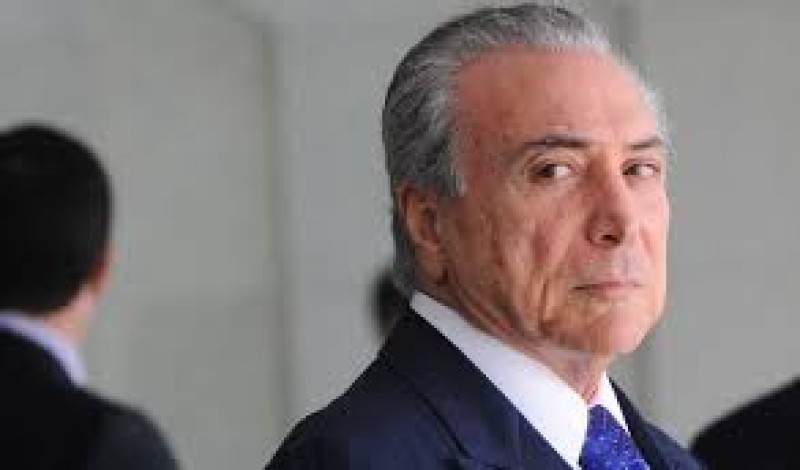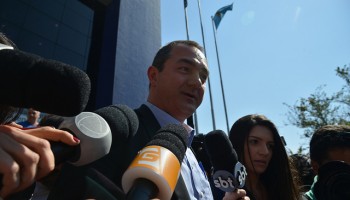The lower house of Brazil’s Congress, which has the authority to decide whether a president should face trial by the Supreme Court, rejected the motion to send his case to the Supreme Court with 251 against 233 votes.
Temer is accused of obstruction of justice and organized crime.
Two thirds of the 513 votes, or 342, are required to send his case to court.
Temer survived a similar vote in August.
Yet, according to The BBC, prosecutors had strong evidence that Temer has been running a bribery scheme since 2006, when he was still a congressman.
His political group allegedly funneled about US$ 180 million from state-run oil company Petrobras and the Brazilian Lottery into the pockets of lawmakers, the BBC said.
Temer is is also suspected of having endorsed hush money from the Chairman of the giant meat-packing company JBS, Joesley Batista, to silence a potential witness. Investigators have a recording of Batista boasting to Temer of paying bribes to judges and witnesses.
The corruption investigation has already sent dozens of politicians and businessmen behind bars.
But evidence face the fact that 99 percent of the lawmakers who sided with President Temer in the vote in August on whether he should face trial are themselves under investigation, The BBC reported.
In addition, Temer warned the congressman that a corruption probe would have a significant negative impact on the economy.
He also tried to answer to some of their requests by accepting to increase the budget by about US$ 3.6 billion and to ease the anti-slavery laws and privatization plans.
It is uncertain whether the president will have enough margin to conduct his reforms, after surviving two corruption scandals. In both votes, the number of supporters came below three-fifths of the lawmakers.
"There’s friction in the house and with every one of the deputies. This is going to cause a certain amount of discomfort with his supporters," House Speaker Rodrigo Maia said after the vote, Bloomberg reported.
"The government will continue with the same public opinion ratings and support in Congress but will face problems because it built a relationship out of money rather than love with its allies and cabinet members," said Miro Teixeira, an 11-term legislator from the Rede party, according to Bloomberg.
Temer remains subject to investigation and possible prosecution after his term ends in December 2018, when the shield of the presidential status will stop.





